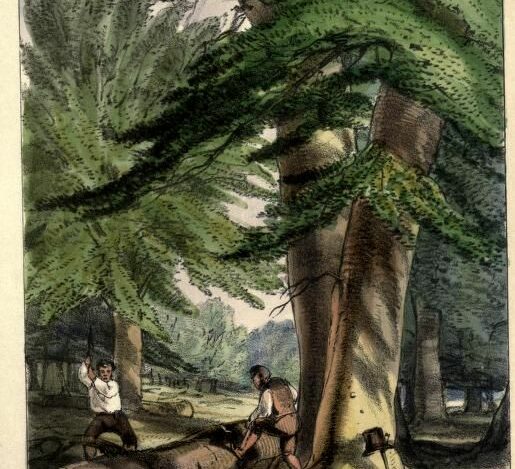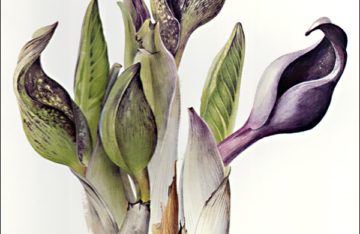 The term « cliché » defines a linguistic structure that is commonly repeated: an expression devoid of originality, a set phrase, a commonplace or a stereotype.
The term « cliché » defines a linguistic structure that is commonly repeated: an expression devoid of originality, a set phrase, a commonplace or a stereotype.
Originally, the term comes from the method used in the field of printing for mass reproduction. The term is also used in the field of photography. According to Amossy and Pierrot, this term did actually develop in the nineteenth century, when the awareness of it among poets and prose writers emerged.
Often, both concepts « stereotype” and « cliché » are confusingly used as synonymous. The difference is that the second is reserved for worn literary figures while the word « stereotype » generally means a fixed group scheme, the set image or the common representation.
However, the term « common place » encompasses both terms. Its semantic extension is broader: « It can designate both an argumentative topic to expand as a trite development, an idea or a simply banal phrase, a sentence or even a crystallized formula. »
In 1926, Franz Kafka published The Castle. In it, he wrote: « So, they spent hours and hours melting their breath into one breath, joining their heartbeats in one heart ( … ) . » The problem arises when the same statements that refer to the union of breath and heartbeat repeat – practically unchanged- almost a century later, in contemporary fiction.
The only formula to the writer for not resorting to clichés is the quest for originality. Only from his or her own sight, from his or her particular vision, narrative will become fresh.
Silvia Fernández Díaz
(Escuela de Escritores, Madrid)
References
MONTECCHIO, Estefanía, Asimilación, caricatura, implosión: clichés y estereotipos según Boris Vian y Vernon Sullivan [en línea]. Tesis de Licenciatura. Universidad Católica Argentina. Facultad de Filosofía y Letras. Departamento de Letras, 2008. Disponible en: http://bibliotecadigital.uca.edu.ar/repositorio/tesis/asimilacion-caricatura-implosion-cliches.pdf [Fecha de consulta: 6/12/2013]
AMOSSY, Ruth y HERSCHBERG-PIERROT, Anne, Estereotipos y clichés, Ediciones Eudeba, 2010, p.14, 23.
KAFKA, Franz, El castillo, Editorial Alianza Editorial, Biblioteca Kafka, 2009, p. 54.




